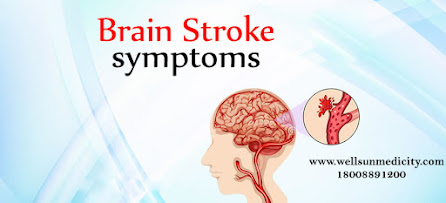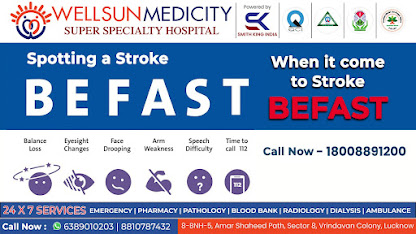The
gastrointestinal (GI) tract is a vital part of the body's digestive system,
responsible for breaking down food and absorbing nutrients. However, the GI
tract can be affected by various diseases and disorders, which can cause
discomfort, pain, and even life-threatening complications. In this article Dr. Anurag
Mishra (D.M Gastro explore the types of
gastrointestinal diseases, their symptoms, and diagnostic methods.
Types of
Gastrointestinal Diseases:
·
Gastroesophageal
Reflux Disease (GERD): A chronic
condition in which stomach acid flows back into the esophagus, causing
heartburn and regurgitation.
·
Inflammatory
Bowel Disease (IBD): Mainly Ulcers
colitis (US),Chon’s dieses A chronic condition characterized by chronic
inflammation of the GI tract, which can cause diarrhea, abdominal pain, and
weight lose & bleeding return.
·
Irritable
Bowel Syndrome (IBS): A functional disorder that causes abdominal pain,
bloating, and changes in bowel habits.
·
Peptic
Ulcers: Open sores on the lining of the stomach or duodenum that can cause
abdominal pain and bleeding.
·
Celiac
Disease: An autoimmune disorder that causes damage to the small intestine
in response to gluten.
·
Colorectal
Cancer: Cancer that develops in the colon or rectum.
·
Gastrointestinal
Infections: Bacterial, viral, or parasitic infections that can cause
symptoms such as diarrhea, abdominal pain, and vomiting.
Symptoms
of
·
Abdominal Pain: Pain or discomfort in the abdomen
that can range from mild to severe.
·
Diarrhea: Frequent loose stools that can be
accompanied by bloating and abdominal cramps.
·
Constipation: Infrequent or difficult bowel
movements that can cause straining and discomfort.
·
Nausea and Vomiting: Feeling queasy or vomiting
food of bile.
·
Bloody Stools: Stools that contain blood or are
black Maroon-colored.
·
Weight Loss: Unintentional weight loss due to
malabsorption of nutrients.
·
Fatigue: Feeling tired or weak due to
malabsorption of nutrients.
Management:
·
Medical
History: A detailed review of a patient's medical history to identify risk
factors and potential causes of symptoms.
·
Physical
Examination: A physical examination to assess for signs,
·
Laboratory
Tests: Blood tests to check for inflammatory markers, such as CRP or ESR,
and stool tests to check for bacterial or parasitic infections.
·
Imaging
Studies: Imaging studies such as X-rays, CT scans, or MRI scans to
visualize the GI tract and identify any structural abnormalities.
·
Endoscopy:
A procedure in which a flexible tube with a camera is inserted through the
mouth or rectum to visualize the inside of the GI tract.
·
Biopsy:
A procedure in which a sample of tissue is taken from the GI tract for
examination under a microscope.
Conclusion:
Gastrointestinal diseases are common and can cause
significant discomfort, pain, and even life-threatening complications. It is
essential to recognize the symptoms and seek medical attention if symptoms
persist or worsen over time. Early diagnosis and treatment can significantly
improve outcomes and quality of life for individuals with gastrointestinal
diseases.
Dr. Anurag Mishra
MBBS,
MD-Medicine (KGMU, Lucknow)
DM-Gastroenterology
(GB Pant, New Delhi)
Consultant
Gastroenterologist,
Hepatologist
& Endoscopist
Wellsun Medicity
Hospital
8-B/NH-5,
Vrindavan Yojna,
Shaheed
Path,Lucknow-226029
+91-8810787432/
18008891200
https://www.wellsunmedicity.com
email id-
wellsunmedicityhospital@gmail.com














